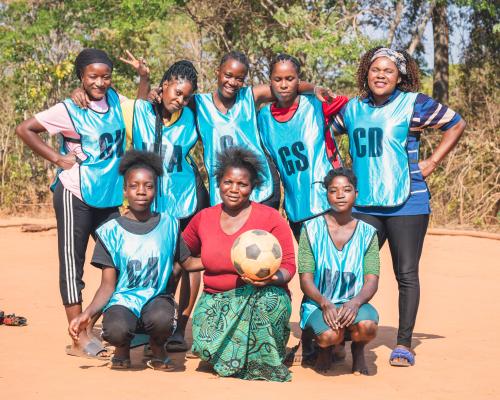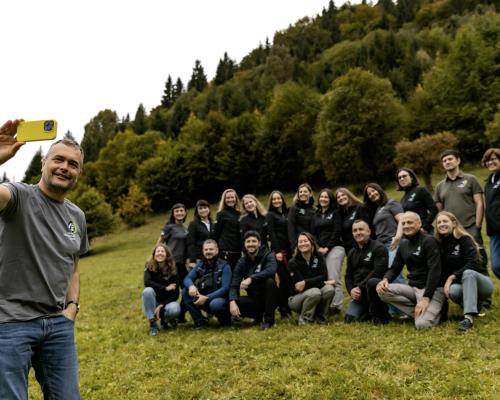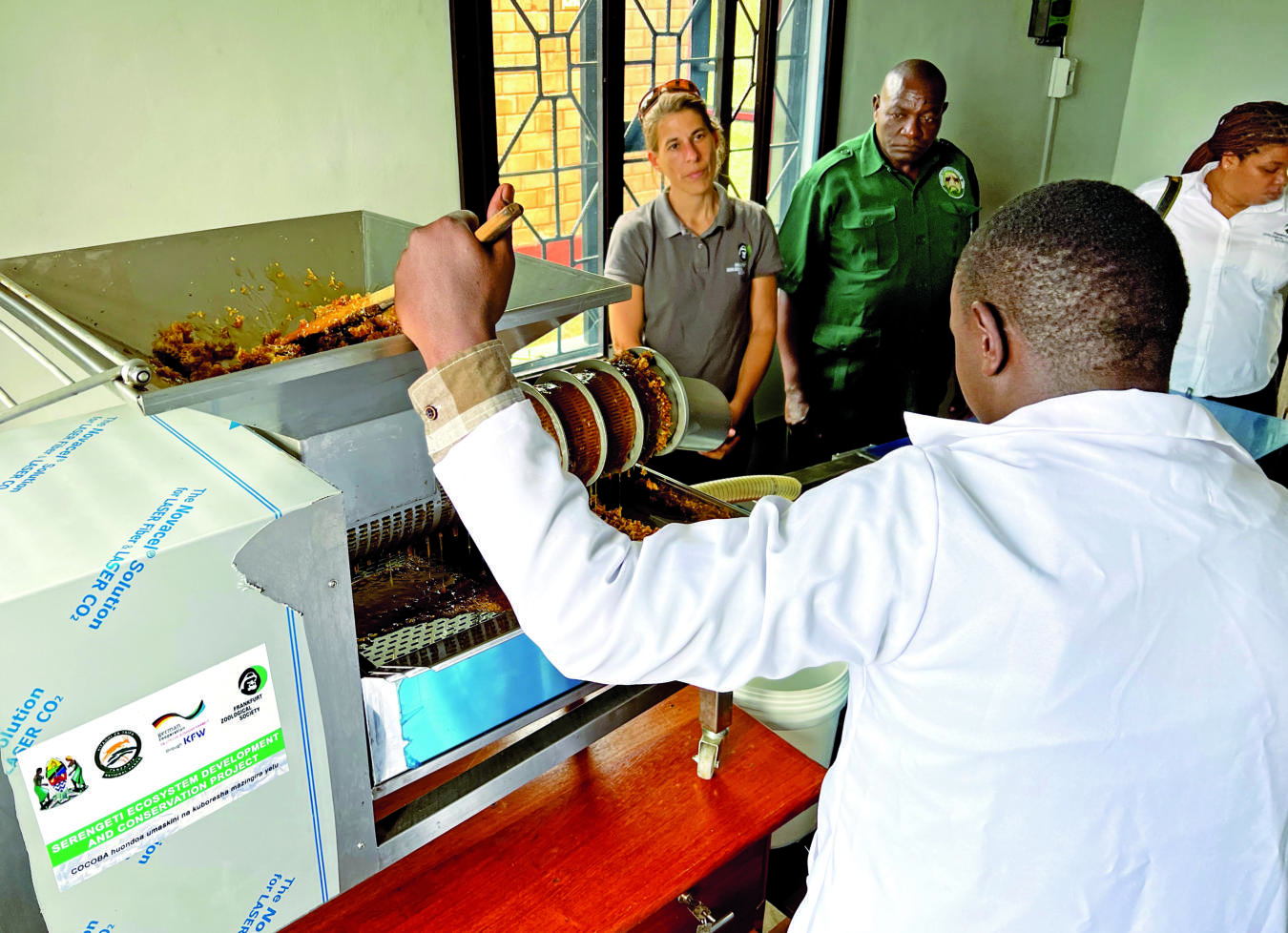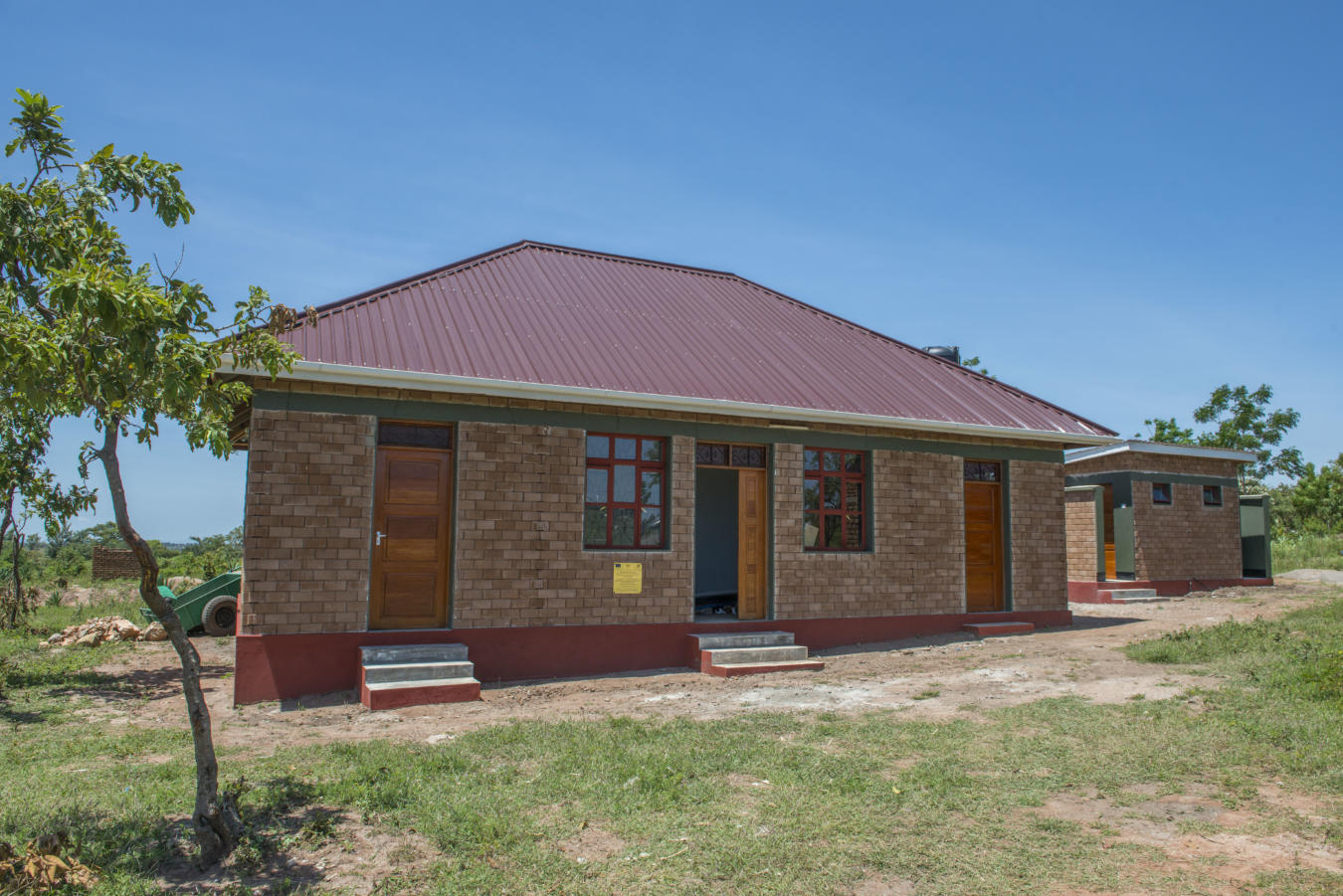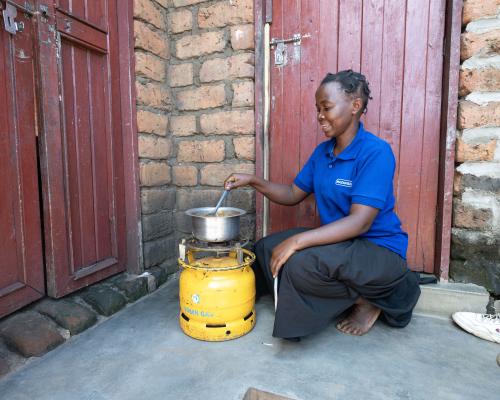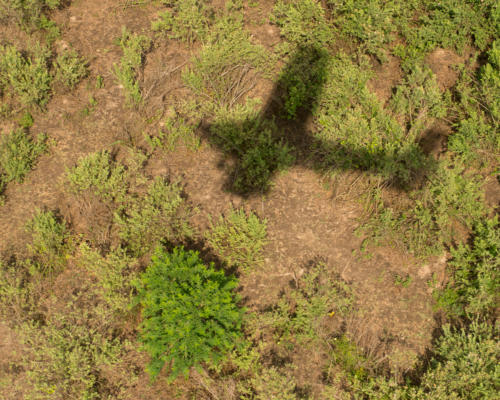In Tanzania, especially in villages around protected areas, a popular and profitable business opportunity that also benefits the environment is beekeeping. A new honey processing facility built by FZS is helping farmers make more money from their products while helping the industry grow.
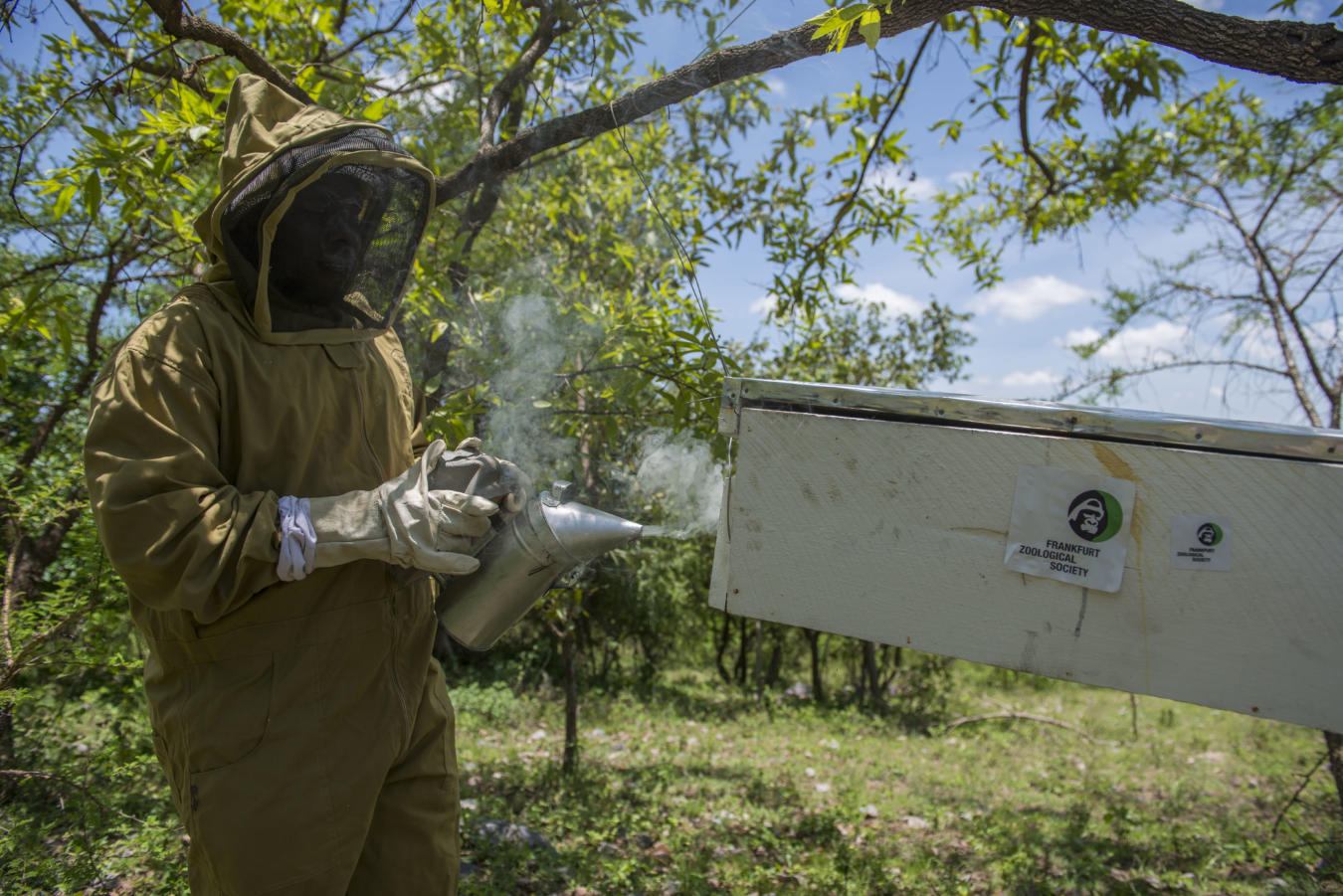
“We take care of the Serengeti”
The demand for pure honey in the region around the Serengeti is currently higher than the amount that is produced. This is partly because few processing facilities exist where impurities such as dirt or dust can be removed from the final product. Such facilities are expensive and building them is something farmers often can’t afford, but they are a key part of the process. To sell more products for the same price, some honey vendors dilute their honey with water. But customers don’t want that kind of honey, they prefer to purchase pure undiluted honey, even when it costs more.
In 2018, to support beekeepers working around the Serengeti National Park, FZS, with funding from the EU and KfW set up a honey processing plant in the Serengeti district capital, Mugumu. There, honey can be extracted, filtered, and bottled using professional equipment. Now there are 25 groups of beekeepers who regularly transport their honey to the facility for processing.
“During the harvest season, from May to August, the facility is always open, people can just drop in with their honeycombs,” explains Baraka Mabula. He is a beekeeping officer who works for the Ikona Wildlife Management Area and was initially recruited by FZS. Baraka oversees the honey processing unit and works to encourage more local beekeepers to bring their honey to be sieved and processed in this area. The use of the equipment costs the beekeepers around five euros per ten liters of honey. But then they make the money back by selling it at six euros per liter of honey. Baraka is also responsible for marketing the honey processed at the unit and sometimes he helps sell it to outlets like small grocery shops and supermarkets within the district.
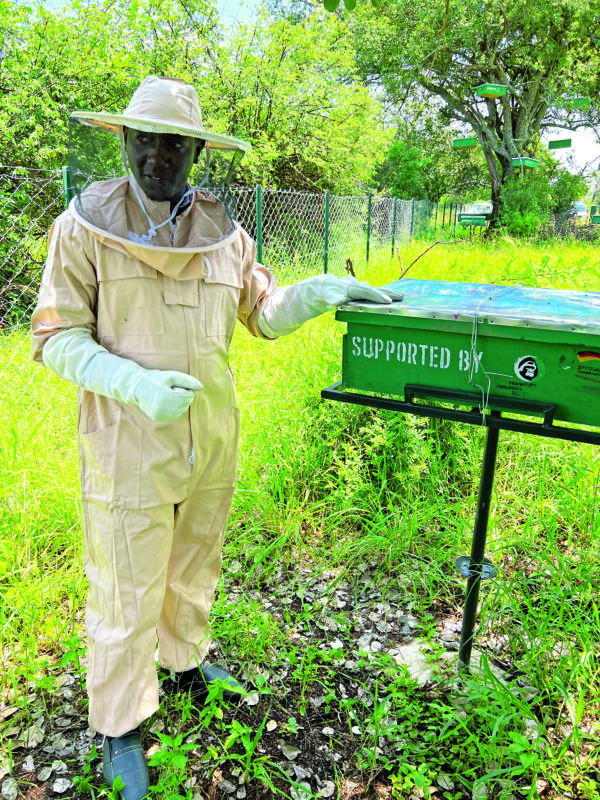
Honey from the nature conservation project in the Ikona Wildlife Management Area, is also processed here. The reddish-brown colored honey from that area flows into bottles marked “Tunza Serengeti” which means “We take care of the Serengeti.”
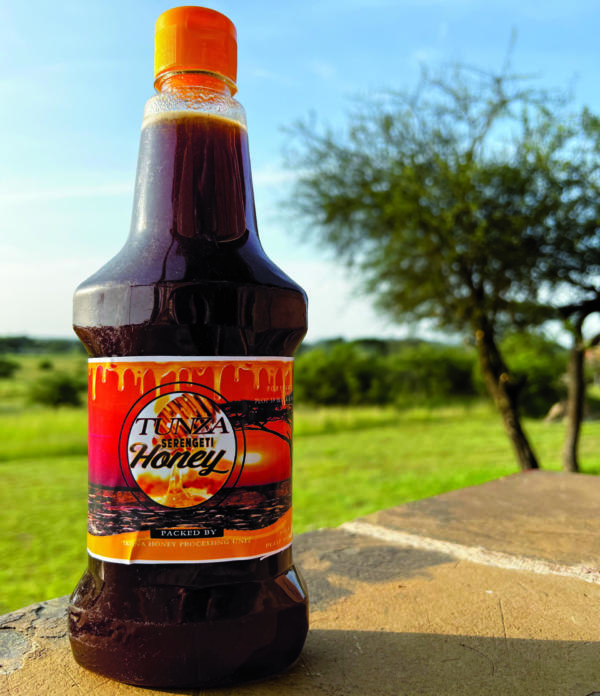
“Beekeeping is such a beneficial project for me. I make wine from the honey I harvest from my many beehives around my farm,” says Mama Nuru, a local community member. Mama Nuru is also a Community Conservation Banks (COCOBA) member and there she learned about environmentally friendly businesses that could assist in income earning like poultry keeping and beekeeping. Beekeeping was the best option for her because during the last harvest she lost crops on her farm to elephants. Fortunately, not only do elephants fear bees but now, thanks to the processing unit she can make good quality honey wine and sell it to a wide market. “I sell my honey wine to my fellow community members and even to tourists,” says Mama Nuru.
The honey processing plant, as well as beekeeping workshops, are part of the FZS Serengeti Ecosystem Management project. The project aims to create win-win solutions for people and wildlife by supporting skill-building and the development of livelihood opportunities.






